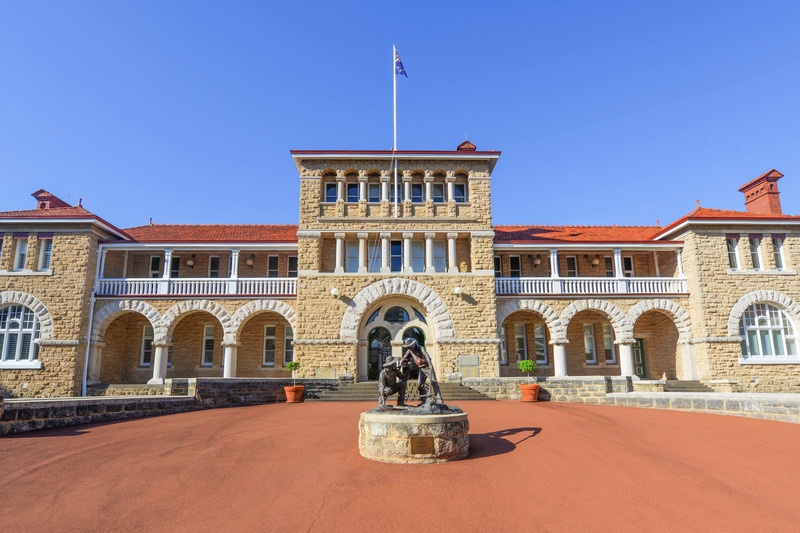Third-quarter GDP stats are likely to place downward pressure on Australian stocks when they are released by the Australian Bureau of Statistics at 11:30 am AEDT.
According to a Reuters poll, Australia's gross domestic product (GDP) is forecast to have grown by 0.4% in the September quarter and 1.1% year-on-year.
Meanwhile, on Wall Street, ongoing contemplation of rate cuts by the Federal Reserve this month – with Powell set to make remarks on the topic – and handwringing about upcoming jobs data animated US investors.
The Dow Jones dipped 0.2%, while the S&P 500 added 0.1% and the Nasdaq gained 0.4%, setting new record highs.
Key market movements included AT&T rising 4.6% on a robust cash flow forecast for 2027, while Tesla (NASDAQ:TSLA) fell 1.6% after a drop in sales of China-made vehicles.
Shares tied to South Korea experienced pressure, with the iShares MSCI South Korea ETF down 1.6% following President Yoon Suk Yeol's unexpected declaration of martial law.
Martial law in South Korea
The Korean won dropped sharply to its lowest level in over two years against the greenback and South Korean ETFs followed the downward trend following the declaration, which is perhaps a harbinger of geopolitical tensions that may start to play out as the new inward-facing Trump administration takes shape.
Although the currency regained some ground after parliament voted down the move, market sentiment remained tense.
Exchange-traded funds tied to South Korean stocks mirrored the volatility, reflecting broader concerns about political instability in the region. ANZ Research analysts noted that “markets are in a risk-off mode” after the surprise announcement.
President Yoon imposed martial law in a live televised address, citing the need to combat “anti-state forces” and protect South Korea from alleged threats linked to North Korea.
Immediately after the announcement, lawmakers in the opposition-controlled National Assembly unanimously overturned the declaration, prompting a withdrawal of military personnel deployed under the measure.
Despite the quick reversal, the political turmoil has raised economic concerns, with investors wary of further instability.
Finance Minister Choi Sang-mok convened an emergency meeting with top economic officials, while the Bank of Korea signalled readiness to intervene to stabilise the markets.
Currencies and commodities
The Euro rose to US$1.0533 before settling near US$1.0505 and the Japanese yen strengthened against the dollar, closing at JPY149.50.
The Australian dollar dipped slightly, ending near 64.80 US cents.
In commodities, oil prices climbed more than 2%, driven by geopolitical tensions and expectations of extended OPEC+ supply cuts.
Brent crude rose 2.5% to US$73.62 a barrel and WTI added 2.7% to US$69.94.
Gold moved up still further, by 0.4% to US$2,667.90 an ounce, supported by a softer US dollar and easing Treasury yields.
Iron ore futures hit a two-month high, gaining 0.7% to US$106.08 per tonne, as Chinese steelmakers ramped up seasonal restocking.
Base metals also rose, with copper futures up 1.7% on a weaker dollar, offsetting concerns over China's economic growth.
Market snapshot
- ASX 200 futures: -0.3% to 8,498 points.
- Australian dollar: +0.1% to 64.80 US cents.
- S&P 500: Flat at 6,049 points.
- Nasdaq: +0.2% to 19,456 points.
- FTSE: +0.6% to 8,359 points.
- EuroStoxx: +0.5% to 504 points.
- Spot gold: +0.1% to $US2,641/ounce.
- Brent crude: +2.6% to $US73.69/barrel.
- Iron ore:+ 0.5% to $US105.10/tonne.
- Bitcoin: +0.1% to $US95,493.
Source: ABC
What’s happening in small caps?
